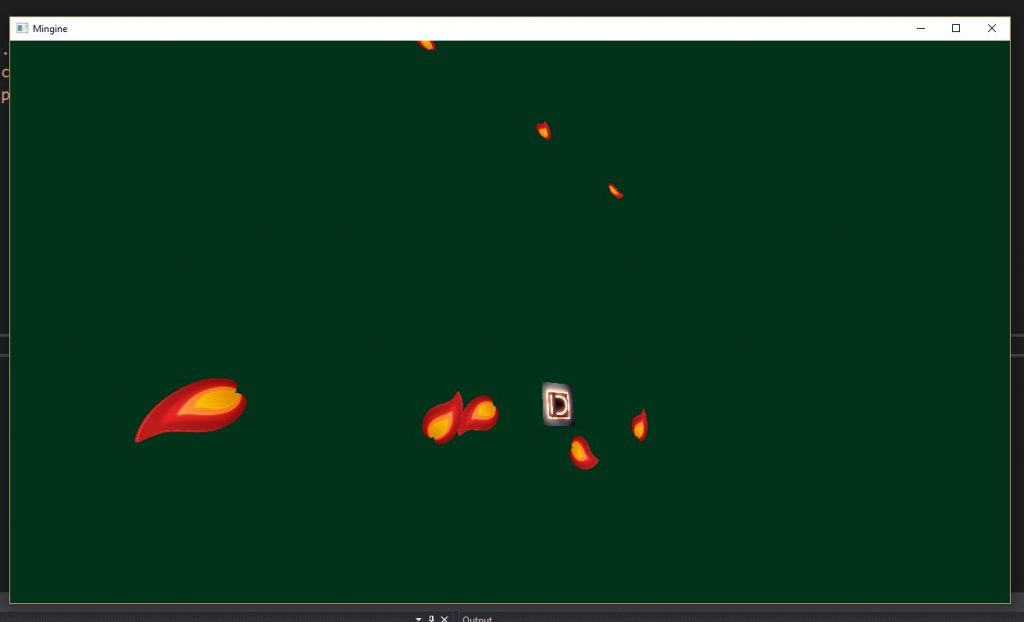Edit: Someone from Unity Tech. found this post and is working on a fix. So that's good 😀
This post could also be titled "Why I Absolutely Hate Closed Source Game Engines (And I'm Totally Not Talking About One In Particular)".
This weekend, a couple of friends and I participated in the Game Maker's Toolkit 2018 Game Jam*. As part of it, I dusted off an input system I wrote for a local-multiplayer Unity game a few years ago. Since it uses XInput for Xbox controllers, I thought - "Hey, I have an Xbox One set up for devmode and I read somewhere that UWP (Universal Windows Platform) games now have unlimited resources... Wouldn't it be neat to port our game jam game to the One?" Yeah, that would be neat, and being able to eventually tack "Shipped Xbox One Indie Title" onto my resume would be pretty cool. Unfortunately, it wasn't quite that simple. So I'm writing a blog post about it, mostly because I want to rant about the last 18-or so hours of my life. Bleh. Continue reading "Working Around A Bug In Unity’s Input System By Building For Release"


